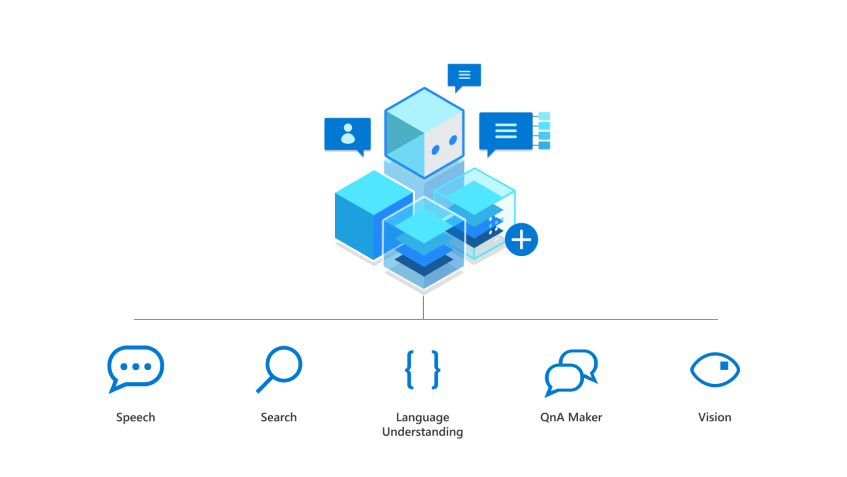Digital transformation has experienced a boom in recent years as well as a very strong acceleration with the Covid-19. Indeed, if the subject of data was already of increasing importance before the crisis, it has continued to develop at a breakneck pace in this year. At the same time, Big Data, which started several years ago, has quickly opened up a vast field of opportunities, with the potential for strategic decisions to be drawn from the data collected.
The cloud streamlines the expense process
External servers have become essential to maximize the potential of new AI tools which tend to collect lots of data and offer synchronized online access. These servers offer more space to collect as much information as possible.
However, cloud-based solutions offer much more than just storage. They provide a holistic approach that facilitates user experience and data processing. Cloud computing services are expected to continue growing in 2023 after experiencing continuous expansion in recent years. The storage aspect of the collected data is an important factor for financial departments since they can finally base themselves on the quantity in order to extract the quality.
An ERP ( Enterprise Resource Planning) for centralized, reliable and usable data
The use of an ERP facilitates the collection, processing and storage of all information relating to production, sales, supplies or customers. A single continuously operated and updated data system that surpasses all separate databases in each department that require regular checks and synchronization. The quality of all the information and its availability for all the teams of the company allow an optimization of the performances at all the levels of the company, in particular at the level of the supply chain and inventory management. An ERP finance solution provides integrated management of all of the company’s financial data flows in real time. Management control is therefore greatly facilitated.
A business intelligence tool
Inaccurate and erroneous data can upset the operation of a business. Business intelligence (BI) solutions constitute an intermediate tool in the processing of data and allow companies to delete those defined as being at fault. Then, these tools create high-quality data that they update in order to obtain the most relevant overview possible of what is happening within a company at a precise moment.
Business intelligence is an innovative solution that improves the finance function of companies. From process optimization to risk control, there are many reasons to include BI solutions in the finance function: exploitation of real-time data, 360 view of the company’s businesses, sharing and visualization of KPIs …
A data visualization tool for actionable data
Best data visualization tools allow sorting, organizing and cross-referencing data instantly. They transform raw data into understandable visual representations. A very large amount of information can be analyzed and transformed into visual elements, in order to highlight trends. Data visualization is more likely to extract useful and crucial information than any other tool before. Without visualization, all collected data remains useless and meaningless data. Indeed, the value of data lies in the effectiveness of their interpretation.
After all, data visualization tools accelerate the growth of finance and treasury teams. A data visualization tool helps treasury and finance teams engage with the business, but also communicate with investors, analysts or other stakeholders. This reinforces the strategic importance of treasury and finance in the company.










